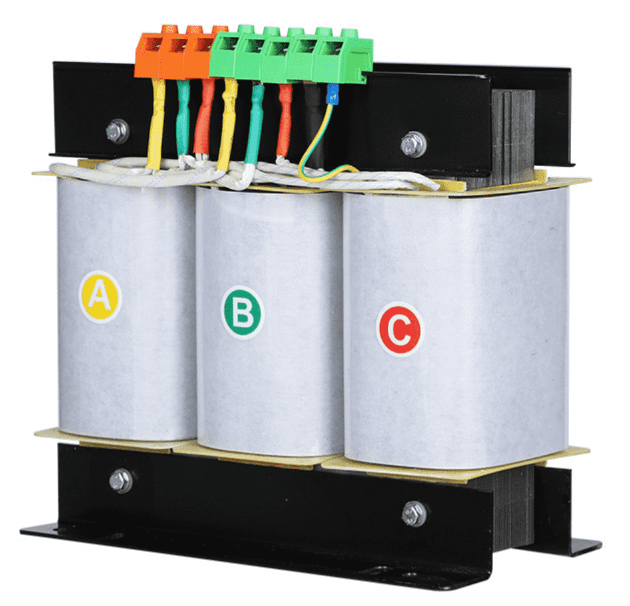Energy storage transformers play a crucial role in various power systems, particularly those involving renewable energy integration, grid stabilization, and peak load management. These specialized transformers facilitate the efficient and safe storage and release of electrical energy, enhancing overall system flexibility and reliability. Here are some key applications and benefits of energy storage transformers:
Renewable Energy Integration: In solar and wind farms, energy storage transformers help smooth out the intermittent nature of these energy sources by storing excess energy during periods of high generation and feeding it back into the grid when needed.
Grid Stabilization: They are used in grid-connected battery energy storage systems (BESS) to regulate voltage and frequency, providing ancillary services that maintain grid stability and prevent blackouts.
Peak Shaving: Energy storage transformers enable utilities and large consumers to store energy during off-peak hours when rates are lower and use it during peak demand times, reducing operational costs.
Microgrids: In remote or islanded systems, they support the integration of renewable energy sources and ensure continuous power supply by managing energy storage effectively.
Electric Vehicle Charging Stations: High-capacity energy storage systems, coupled with transformers, can manage the variable loads from EV charging, ensuring stable grid connection and faster charging times.
Enhanced Grid Stability: By quickly responding to fluctuations in demand or supply, energy storage transformers improve grid resilience, preventing brownouts and blackouts.
Cost Efficiency: They enable utilities to reduce peak demand charges and optimize the use of renewable energy, leading to lower operating costs and potentially reduced electricity rates for consumers.
Support for Renewable Energy: By addressing the intermittency issue of renewables, energy storage transformers facilitate a higher penetration of clean energy into the grid, contributing to decarbonization efforts.
Increased Reliability: The ability to store and discharge energy on demand increases the overall reliability of the power system, ensuring a continuous power supply, especially in critical infrastructure and remote locations.
Flexibility and Scalability: Energy storage systems with transformers can be designed and expanded according to specific needs, making them adaptable to the evolving demands of the grid and energy markets.
Reduced Emissions: By enabling more efficient use of renewable energy and reducing the reliance on fossil fuel-based peaker plants during high-demand periods, energy storage transformers contribute to lowering greenhouse gas emissions.

In summary, energy storage transformers are instrumental in modernizing power systems, enabling greater adoption of renewable energy, improving grid stability, and offering cost and environmental benefits. As technology advances and the need for sustainable energy solutions grows, their importance is only set to increase.